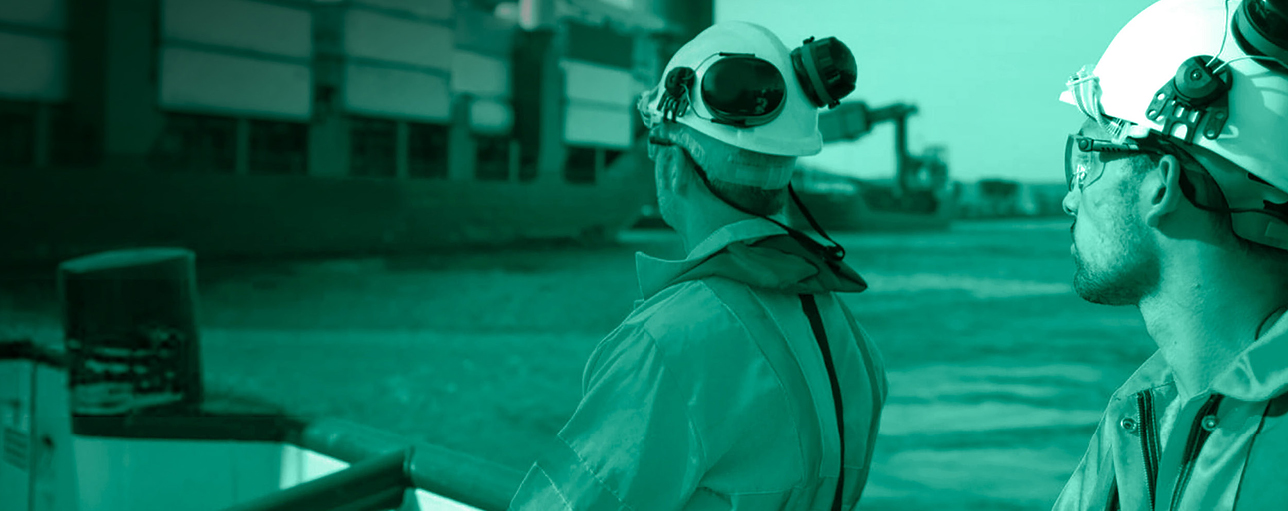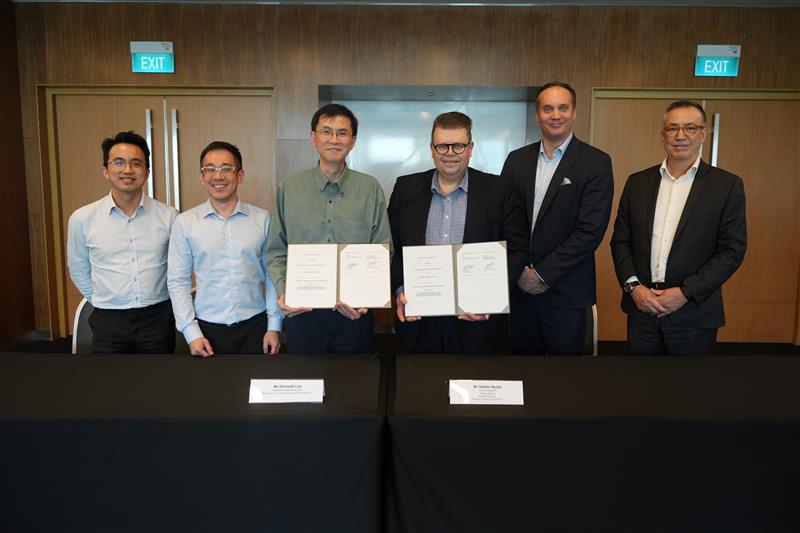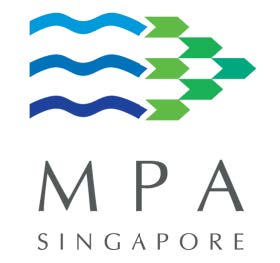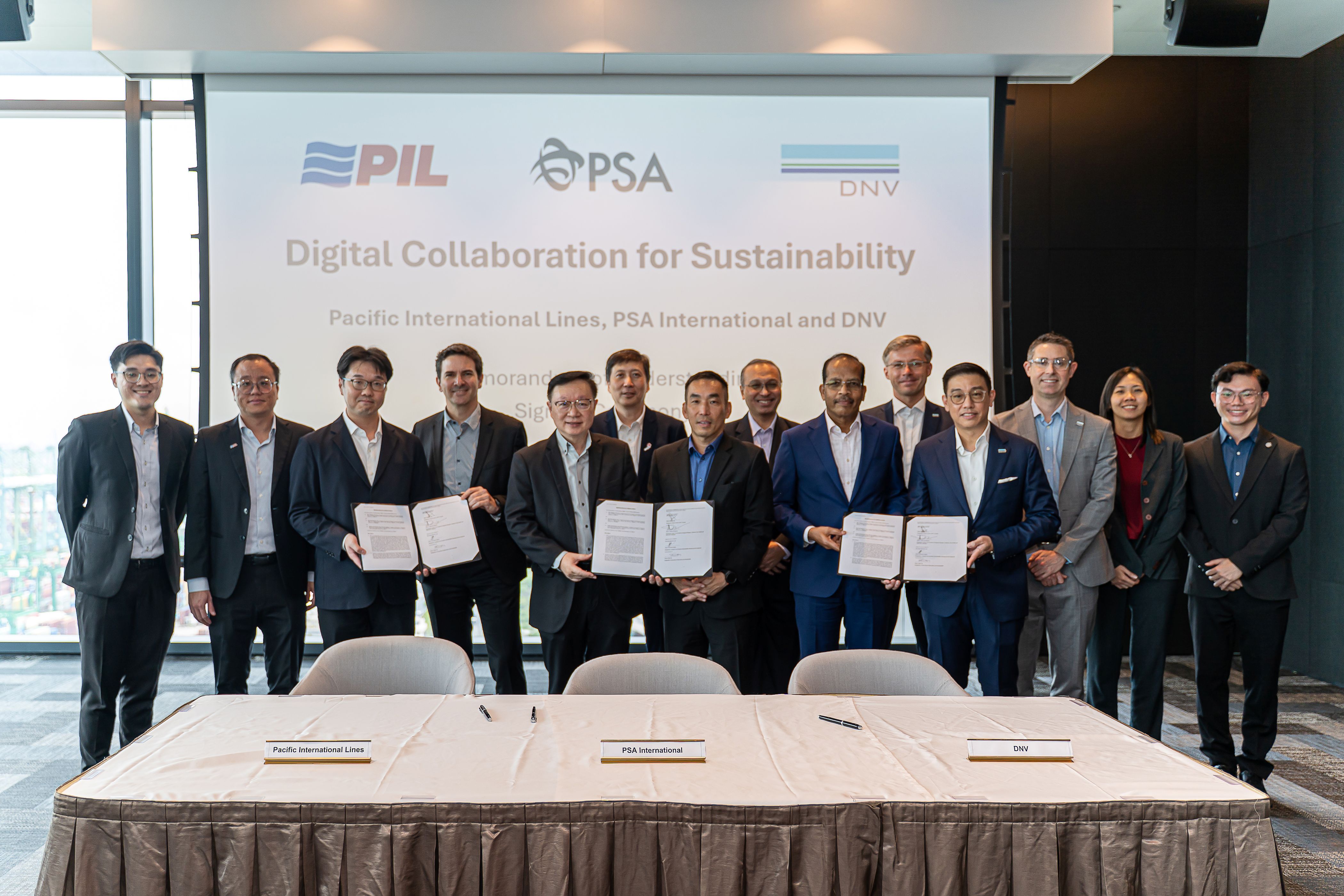The Maritime Technologies Forum (MTF), of which DNV is a founding member, has today released a report on current gaps in operational management practices and crew training requirements and issued recommendations on how to close those gaps to accelerate safe maritime decarbonisation.
The review identifies the gaps to achieve safe maritime decarbonisation within three existing Conventions / Codes: The International Safety Management (ISM) Code, International Convention on Standards of Training, Certification and Watchkeeping for Seafarers (STCW) and The Maritime Labour Convention (MLC); and makes suitable recommendations to close these gaps. The report also highlights the perceived urgency to close these gaps so that the maritime industry can better prioritise limited resources.
To be able to meet the required decarbonisation targets, all industry-relevant stakeholders should collaborate towards safe adoption of alternative fuels including on key issues in relation to the three regulations that are discussed in this report:
·ISM: Identification of hazards and risks from operation of alternative fuels is essential for the development and implementation of the safety management system, emergency procedures and related maintenance activities.
·STCW: Industry collaboration is needed to address current regulatory uncertainties, insufficiencies within model courses and inconsistent implementation of training. Considering the need for funding the future training course development and delivery, a fraction of future revenues from market-based measures might be earmarked appropriately.
·MLC: Reference to alternative fuels could be made in Part B of the Code and international guidelines which will ensure that the member States will address the relevant requirements in their national legislation.;
Commenting on the report, Jun Kohno, Deputy Director-General for Engineering Affairs Maritime Bureau for Japan’s Ministry of Land, Infrastructure, Transport and Tourism (MLIT), said:
“If we are to meet the decarbonisation targets set by IMO, it is important that we continue to work together with industry to address gaps in operational management practices and regulatory schemes. This report spotlights and helps prioritise the changes needed to support the safe and scalable use of alternative fuels in the maritime industry.”
Nick Brown, CEO of Lloyd’s Register which led the study, said: “Understanding the challenges in safely adopting alternative fuels at scale is a critical step to accelerating maritime decarbonisation. This research, led by LR Lead Marine Consultant Yildiz Williams, provides much needed clarity on the hurdles we face as an industry in the safe operation of alternative fuels and the recommendations to overcome those challenges.”
This report further expands on other work done by MTF, which is geared toward bridging the gaps in technological and regulatory progress.
Source:
DNV
The opinions expressed herein are the author's and not necessarily those of The Xinde Marine News.
Please Contact Us at:
media@xindemarine.com


 Baltic Exchange launches new Fuel Equivalence Conve
Baltic Exchange launches new Fuel Equivalence Conve  21 Consecutive Years of QUALSHIP 21 Recognition for
21 Consecutive Years of QUALSHIP 21 Recognition for  MPA and Wärtsilä Renew Partnership to Drive Marit
MPA and Wärtsilä Renew Partnership to Drive Marit  MPA and Dalian Maritime University Renew Partnershi
MPA and Dalian Maritime University Renew Partnershi  PSA INTERNATIONAL, DNV AND PACIFIC INTERNATIONAL LI
PSA INTERNATIONAL, DNV AND PACIFIC INTERNATIONAL LI  INTERCARGO Reaffirms Call for Simplicity as IMO Cli
INTERCARGO Reaffirms Call for Simplicity as IMO Cli